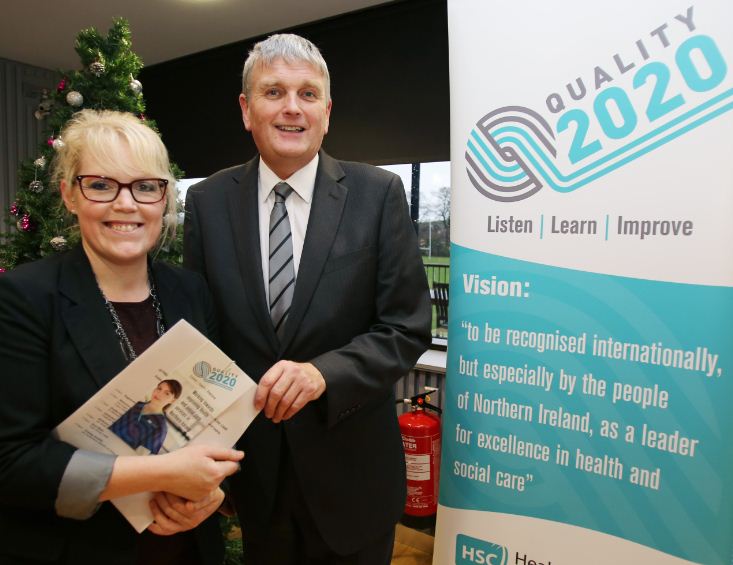The Public Health Agency (PHA) is urging all first year university students who haven’t yet had their meningococcal C vaccine – better known as MenC, to get it as soon as possible. MenC protects against infection by meningococcal group C bacteria, which can cause two very serious illnesses, meningitis and septicaemia that occur mainly in young children and young adults.
Laser pointer eye injury warning
In the lead up to Christmas the Public Health Agency (PHA) is urging parents and carers not to buy their children laser pointers as presents as they are not toys, with several children in Northern Ireland having received eye damage over recent months caused by the devices.
Know your alcohol limits during the festive season
The Christmas party season is just getting started and the Public Health Agency (PHA) is urging people to be mindful of their alcohol intake at this time. People across Northern Ireland are looking forward to celebrating with nights out with family, friends and work colleagues, but if you choose to drink it’s easy to lose track of how much alcohol you are consuming.
New outdoor gym to get Tobermore active
Tobermore is getting into its stride thanks to the Public Health Agency (PHA) and Magherafelt District Council opening a new outdoor gym. The free facility, based at Mill Park, has 16 pieces of equipment which offer a variety of benefits including improved balance and coordination, flexibility, strength and cardiovascular exercise.
Quality 2020
Quality 2020 was launched in November 2011 to create a strategic framework and plan of action that will protect and improve quality in Health and Social Care (HSC), over a 10 year period.
Organ Donation Discussion Day December 11th – Tell your loved ones your wishes
A new organ donation campaign, which is being supported by the Northern Ireland Executive, has been launched to encourage families throughout Northern Ireland to sit down with their loved ones on December 11 and discuss their wishes on organ donation.

